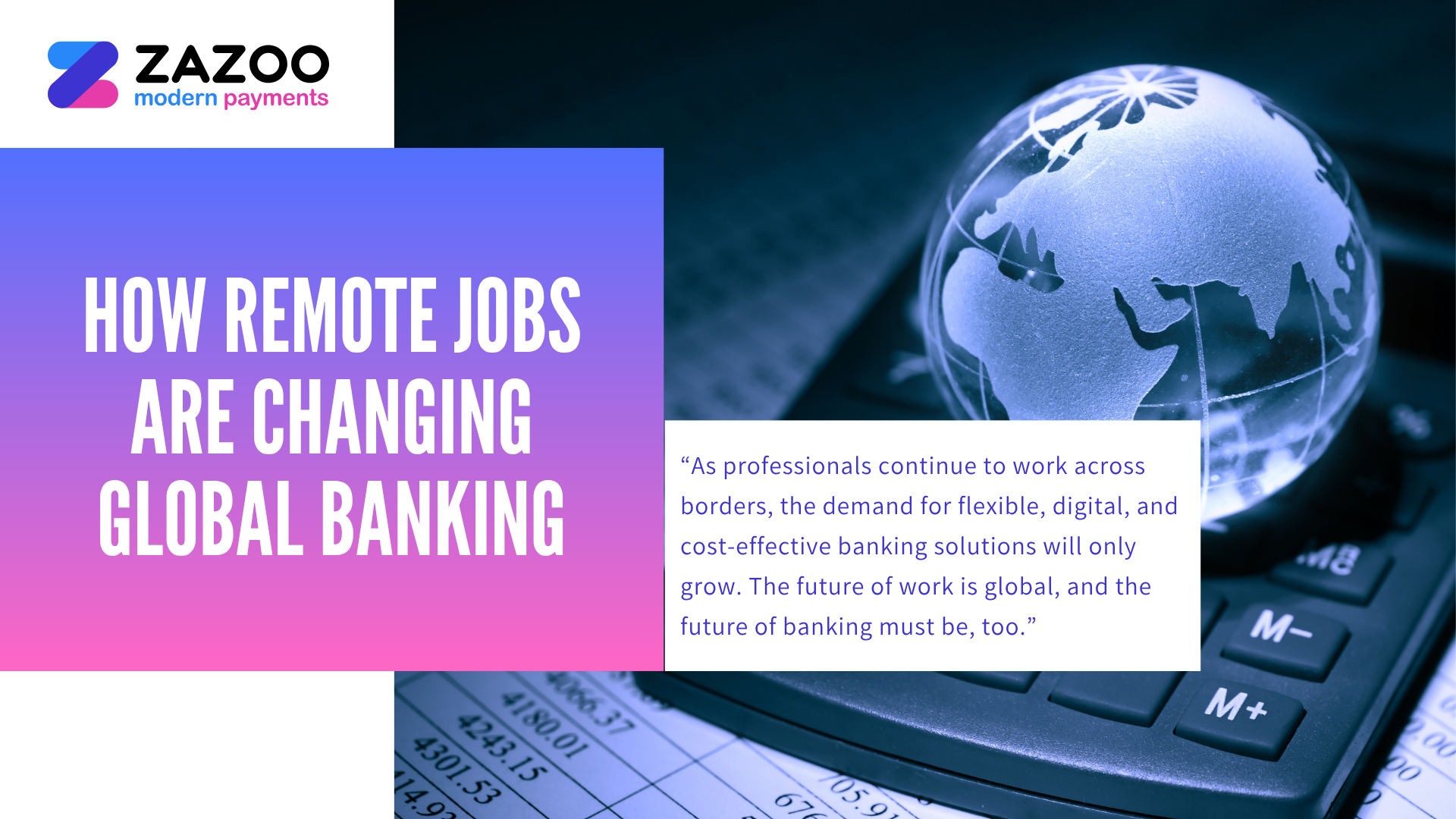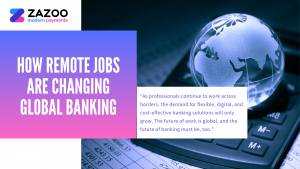Introduction
The rise of remote work has transformed how people earn, spend, and manage their finances. With more professionals working from different countries, traditional banking systems are struggling to keep up. The future of work is borderless, and global banking must evolve to meet the needs of remote workers, freelancers, and digital nomads.
In this article, we’ll explore how remote work is reshaping global finance and what individuals and financial institutions can do to adapt.
1. The Rise of Remote Work and Its Financial Impact
Why Remote Work Is Here to Stay
- The pandemic accelerated remote work, but companies continue to embrace hybrid and fully remote models.
- The number of digital nomads and location-independent professionals is increasing every year.
- Businesses benefit from hiring global talent, leading to a more decentralized workforce.
Financial Challenges for Remote Workers
- Getting Paid Internationally: Cross-border payments can be slow and costly due to high transaction fees and currency conversion markups.
- Tax Complexities: Remote workers must navigate tax obligations in multiple countries.
- Banking Access: Many traditional banks require proof of residence, making it difficult for digital nomads to open accounts.
- Currency Fluctuations: Earnings can be unpredictable when dealing with multiple currencies.
2. How Remote Work Is Changing Banking Needs
A Shift Toward Digital-First Banking
- Traditional banks are losing relevance for remote workers who need flexible, borderless financial solutions.
- Digital banks, fintech startups, and blockchain-based payment platforms are stepping in to fill the gaps.
- Banking services are moving toward mobile-first platforms with 24/7 access, eliminating reliance on physical branches.
The Growth of Multi-Currency and Borderless Banking
- More financial institutions are offering multi-currency accounts to help remote workers manage global payments.
- Companies are paying remote employees and freelancers in cryptocurrencies and stablecoins to bypass banking restrictions.
- The demand for financial services that offer real exchange rates with no hidden fees is on the rise.
Rise of Alternative Payment Methods
- Peer-to-peer (P2P) payments, digital wallets, and decentralized finance (DeFi) are becoming popular alternatives to traditional banking.
- Freelancers and remote workers are using platforms like Wise, Payoneer, and crypto wallets to receive payments faster and with lower fees.
- Employers are adopting automated global payroll solutions to streamline international salary payments.
3. What the Future of Global Banking Looks Like
Increased Financial Inclusion
- More people will have access to financial services without needing a fixed address or traditional banking history.
- Digital nomads and freelancers will be able to access global financial tools without restrictions.
AI and Automation in Banking
- AI-driven financial tools will help remote workers budget, manage multiple currencies, and optimize savings.
- Automated expense tracking and tax reporting will simplify financial management for remote employees.
Decentralized Finance (DeFi) and Crypto Integration
- Cryptocurrencies and blockchain technology will play a larger role in global payments, offering lower fees and faster transactions.
- Decentralized banking solutions may reduce reliance on traditional financial institutions.
Conclusion
Remote work has permanently changed how we think about employment, and global banking must keep pace. As professionals continue to work across borders, the demand for flexible, digital, and cost-effective banking solutions will only grow. The future of work is global, and the future of banking must be, too.
Are you ready for the future of financial freedom? Stay informed and take control of your finances in the evolving digital economy!








